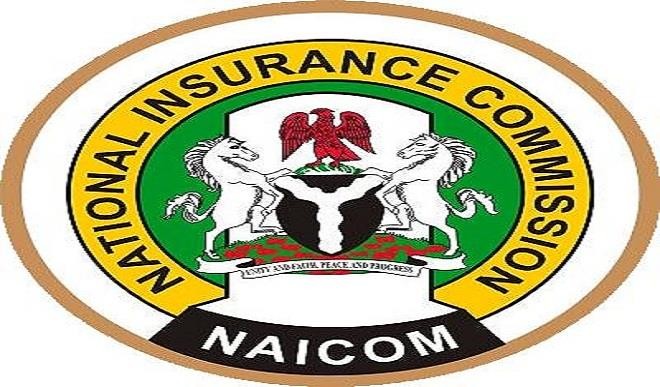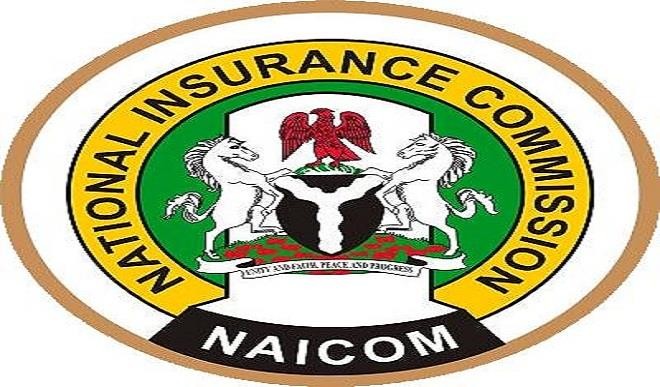The National Insurance Commission, NAICOM, is to exert energy and press for expanded funding of agriculture insurance along the understanding and commitment of government to protect farmers from huge loss arising from various forms of disasters.
The Director of Policy and Regulation at NAICOM), Leo Akah, lamented that farmers ignorance of Agriculture insurance is creating much anxiety leading to huge losses as well as threatening food security in the country.
Speaking at a capacity workshop to improve farmers skills, he noted that Government would need to ensure more funding on the Agriculture insurance sector to ensure its efficiency in Nigeria.
Speaking on the initiative, he said: “The insurance company are getting ready to ensure efficiency in the Agric sector. index insurance is what we are looking at now and not the conventional insurance based on indemnity, where you have to suffer a loss before you can be compensated.
“This type of insurance will give a good backing for farmers especially as it covers adverse weather which usually affects farming in Nigeria,” he said.
Meanwhile, PULA Advisors Insurance Company said it has paid no fewer than 600,000 farmers across the country affected by floods and other natural disasters in the past two years in Nigeria.
PULA Advisors which is an insurance and technology company that provides insurance to protect smallholder farmers across Africa also builds capacity for the insurers in Nigeria in other to mitigate agricultural risks for the farmers across the country.
According to its Director of Insurance Operation, Sarfraz Shah, said in Nigeria, the government does not have any programme called subsidy programme for the farmers but there a lot of discussion going around and hope to see soon some good news from the government as it is not easy for the government to start insurance programme and provide subsidies but then our discussions are about thinking around it.
“Currently we are having a programme which accommodates approximately half a million farmers across the country that has been appreciated much previously in 2020 as there have been floods and the insurance has been able to compensate.
“Around 600 thousand farmers in Nigeria and we want to scale it up to approximately two million in two years as we solicit for more support from off-takers because they are the people who are providing all input to farmers and we are closely working with them.”
Shah also said PULA is building insurers capacity to explore agricultural insurance in the country as insurance companies did not have much knowledge on agricultural insurance design and implementation.
According to Shah “It is a capacity-building programme at Pula, we are exploring agricultural insurance. but then the insurance companies still don’t understand how agricultural insurance is design and implemented.
“As much as we help them to do it, we also want to develop the capacity longer because PULA is a profit for organisation companies but the intention of the company is to make sure we develop the local markets.
“If tomorrow, PULA wants to hand over whatever we are doing, we can hand over the management to the market.
“At PULA we also have a milestone to achieve which is to generate employment in the country.
“We do the crop cutting experience. we go on the farms and we cut the crops and we see how much farmers on average are getting.
“We did around 20000 crop cuts in 2020 and 2021 and we engaged some 500 young Nigerians to do it.
“Production value chain is where you go to the field and cultivate particular crops or you are into Poultry, raising animals.
“These are contractual but it is some kind of employment generation we are doing and there are some people who are in-contract employment but grow into the company as an employee,” Shah stated.
Also speaking, Head, Agric and Microinsurance Department Leadway Assurance, Ayoola Fatona, said the Workshop is basically about deploying insurance to secure the food security of the nation, help in agricultural production and equally securing the person in Agriculture.
Farona further said the country’s agriculture is very risky to venture especially in value chain production which makes insurance a veritable tool to minimise the risk.
“There’s a lot of risks that face you in that section especially these days of climate change where you have erratic weather patterns that can consistently impact negatively on your investment on the field.
“As you can see, especially for the past three or four years there has been consistent flooding and rainfall.
“Insurance now become very good tools in actually securing your investment when the unexpected happens.
“When we are talking about weather events, you can see that is purely beyond your control. We are not God. some of these things will still come and it will affect that particular investment in the fields.
“That’s why there are suppose to be what we called a cushion or what you called the fallback mechanism for which you can rely on so that you will not suffer,” Fatona stated.
Fatona noted that this particular workshop is actually taken to look at insurance products that we can use to mitigate these climate tricks especially when you are involved in the agricultural value chain.




